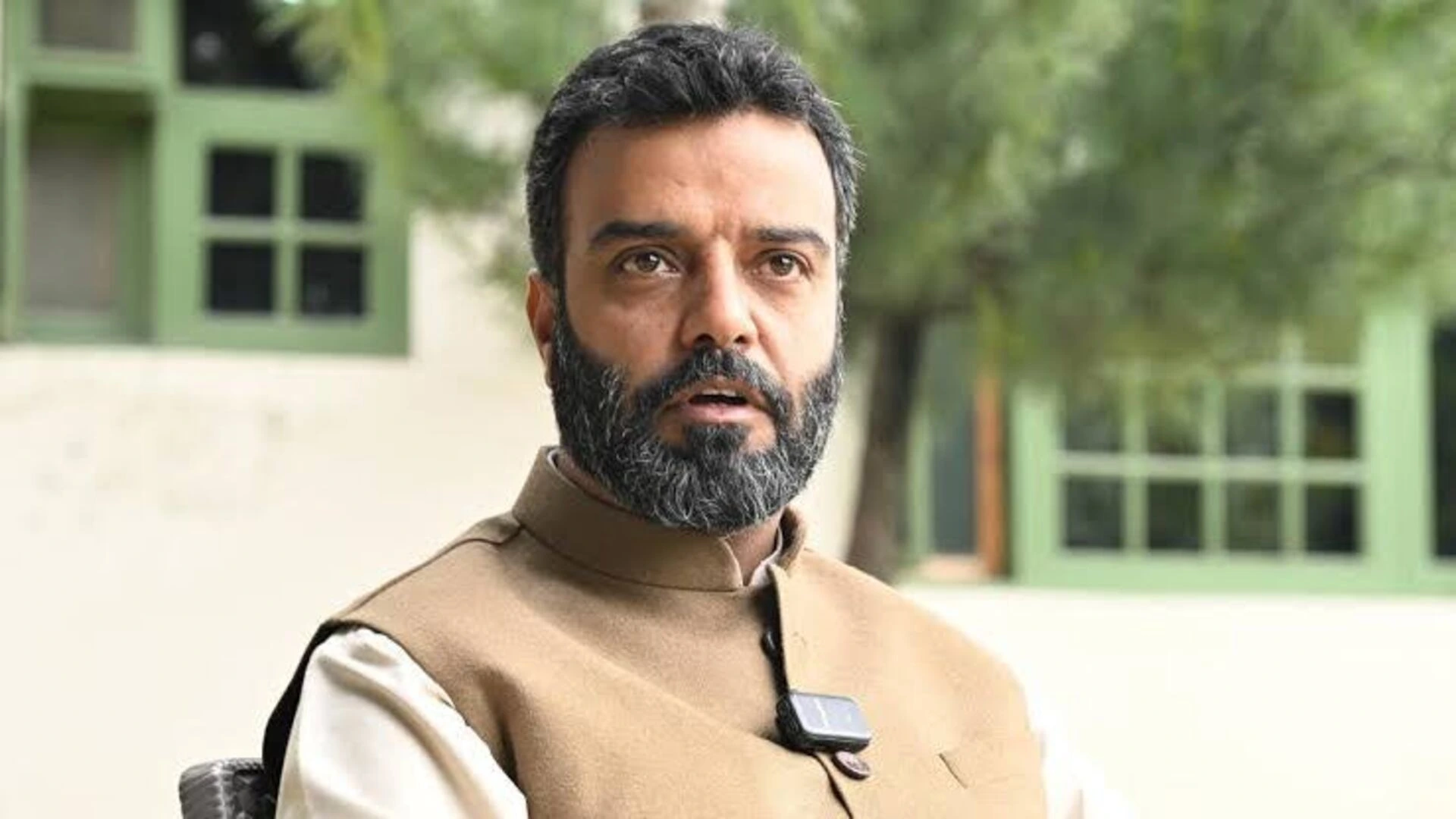Amid the ongoing tensions between Russia-Ukraine and Israel-Hamas, this week is concluding on a positive note as Indian PM’s visit to UAE showcased the strengthened partnership between the two nations and their commitment to contribute to the global objectives. On the other hand, amid the hung house in Pakistan, things seem to be settling down this week. A potential six-party coalition seems ready to take charge as Pakistan’s next government, following a week of political uncertainty resulting from the divided mandate in the February 8 elections.
Indian PM Narendra Modi’s recent two-day trip to the UAE has significantly strengthened bilateral relations and economic cooperation between the two nations. Since last year, there have been five high-level visits by top leaders from India and the UAE, marking a significant upswing in their relationship. Numerous memorandums of understanding were signed during PM Modi’s visit to Abu Dhabi last year, covering various areas such as co-investments, green energy, science and technology, local currency settlement systems, renewable energy projects, and innovative healthcare initiatives. The economic ties got stronger with a bilateral trade volume reaching about USD 85 billion in 2022-23. Moreover, the UAE is among the leading foreign investors in India; it joined SCO as dialogue partner in May 2023 under India’s active support; became a member of BRICS with Indian endorsement; and was specially invited for the G20 Summit during India’s Presidency of the grouping. India-UAE relations are also touching new heights of success in defence and security domain. Both the nations conducted their first joint army exercise ‘Desert Cyclone’ in Rajasthan recently. While India holds a special position in the global politics, the strategic location of the UAE has played a key role in propelling it into an economically important nation not only within West Asia but also globally. Its ‘Vision 2021’ initiative aims at diversifying its economy away from oil dependence. Its successful efforts towards economic diversification since 2012 into the non-hydrocarbon sectors, UAE has established deep connects with India in the sectors of green and clean energy (read: Solar and Biofuel alliances), retain, manufacturing, IT, healthcare, digitalisation and so on. It was also heartening to see the leaders launching the RuPay card to provide the ease of payment to the citizens of both the nations by enabling them to pay in their local currencies. Both the nations have also agreed to link their instant payment platforms, India’s UPI and UAE’s AANI, to promote a wider acceptance of credit and debit RuPay cards. This development will certainly promote financial inclusivity and integration between India and UAE.
Though multiple agreements were signed during this visit of Indian PM, the highlight of the visit was the inauguration of the first stone temple in the entire region by the Indian PM. During this visit, Narendra Modi officially opened Abu Dhabi’s first Hindu stone temple, calling it as a representation of the common heritage of mankind and expressing gratitude to the UAE for shaping a new significant era in human history. The inauguration of this first Hindu temple in the UAE marks a pivotal moment in the interpersonal connections between India and the UAE, home to a substantial Indian community. India-UAE relations encompass various domains including commerce, telecommunications, tourism, education, and healthcare, and continue to expand in the strategic direction with trust and transparency as the Indian PM thanked the present leadership of the UAE as he stated, “In 2015, when I presented to him (the UAE president) the proposal to build a temple in Abu Dhabi on behalf of all of you, he immediately said yes to it. Now the time has come to inaugurate this grand temple.” He also addressed the powerful Indian diaspora and spoke at the World Governments Summit, where he called for giving priority to the Global South in the international system.
After months of political ruckus, things seem to be settling down in Pakistan. A potential six-party coalition seems ready to take charge as Pakistan’s next government, following a week of political uncertainty resulting from the divided mandate in the February 8 elections. The alliance, fronted by the Pakistan Muslim League-Nawaz with 75 seats and supported by the Pakistan People’s Party with 54 seats, was revealed on Tuesday, this week. With over 150 members in parliament, this coalition surpasses the necessary 134 seats for a simple majority in the National Assembly. Hope peace returns to Pakistan.
All the nations and the leaders keep vouching by the significant objective of global peace and security. Why peace becomes the first victim in any incident, or event or for that matter any ambition, and why the so-called flagbearers of peace promote violence is an eternal unanswered question. Unless and until the leaders learn to keep aside their political egos and join their hands, we can only hope that peace prevails in the world.
The author is Professor, School of International Studies, JNU







